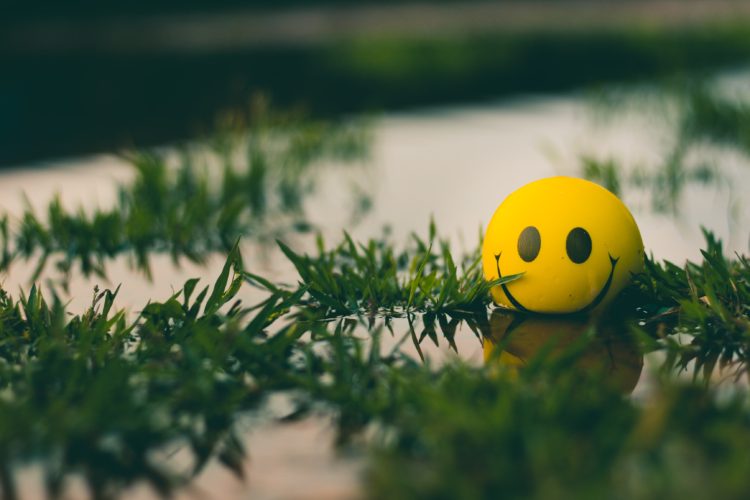There is a duality to life, and by nature all things:
- Love and hate
- Joy and sorrow
- Darkness and light
- Life and death
- Good and evil
Some people focus on one side over another, but that doesn’t mean it’s not there — or that it won’t affect them. The business of living is not an easy thing, nor is it always pleasant. Life has, as Viktor Frankl derived from logotherapy, a tragic triad, aspects of the human existence that cannot be escaped: pain, guilt, and death.
It is tempting to take a pessimist’s view of life. To fall into the apparent meaninglessness of it, the void that is pain and suffering and loss, the perception that life is only suffering. It’s easy to scoff at optimism in general. Why be optimistic when we’re all given a guarantee of life’s barbs?
When life is inherently composed of such things, when we are all destined to feel pain, guilt, and eventually the finality of death, how can we make life a thing of meaning? How can we say yes to life in spite of it? To, as Frankl said, “Say yes to life in spite of everything.”
As Frankl learned from his experiences in the Nazi concentration camps, and as we can derive from his book, Man’s Search for Meaning, life can have meaning to it under any conditions, even the worst—as Milton said, our minds can make hell out of heaven, or heaven out of hell. For the mind, too, is a place.
Our Ability to Find Meaning
There’s a case for tragic optimism in this tragic world precisely because of our ability to find meaning despite it. Tragic optimism simply means remaining optimistic in spite of the tragic nature of life and the suffering we all face on its path.
To not let what happens, or what will happen, turn us down the road of the pessimist, the fatalist, the defeatist, and so on…
Human beings all have a tremendous capacity to transmute life’s negative aspects into something positive or constructive — to make the best out of any given circumstance. Frankl saw it in the concentration camps, exemplified in those who held on their humanity and their dignity despite what they were subjected to, who showed virtue even in the heart of darkness.
We all see it, don’t we?
- In the person who still makes a point of smiling, laughing, and joking around even when they’ve been given a morbid diagnosis.
- In the people who use their suffering as a fuel for their art, or an opportunity to grow stronger and exercise resilience.
- In those who take responsibility and grab life by the horns no matter how many times they fail.
- In the husband who finds more than just sorrow in the absence of his wife…
- …and in the wife who finds the same despite the absence of her husband.
Making the Best Out of Life’s Suffering
Life cannot be lived without feeling all that it has to offer, good and bad, sweet and bitter, and we can choose to face life with an attitude that is determined to make the best of its pleasures and its pains alike.
The Latin word optimum means “the best,” and as Frankl wrote it is the heart of his case for tragic optimism — to make the best out of even life’s suffering.
“An optimism in the face of tragedy and in view of the human potential which at its best always allows for: (1) turning suffering into a human achievement and accomplishment; (2) deriving from guilt the opportunity to change oneself for the better; and (3) deriving from life’s transitoriness an incentive to take responsible action.”
Viktor Frankl
Whatever life throws at you, bear it with an attitude that makes you stronger, rather than weaker.
- Turn your suffering into stories of success despite the pain.
- Use your guilt to grow and change into a better person.
- Use the fleetingness of life, the awareness that we’ll all be dust soon enough, to spur yourself to take responsibility for your life, and to take meaningful action.
Life is a precious gift, even in hard times, and we all have the capacity to make the best of things — even in dark places. The world has it’s full share of pessimists and negativity. It could do with a few more optimists.
And despite life’s tragedy, there can still be optimism.
(Originally published on Mind Cafe)
(Photo by Ahmed Zayan on Unsplash)
Discover more from Spencer Sekulin
Subscribe to get the latest posts sent to your email.
